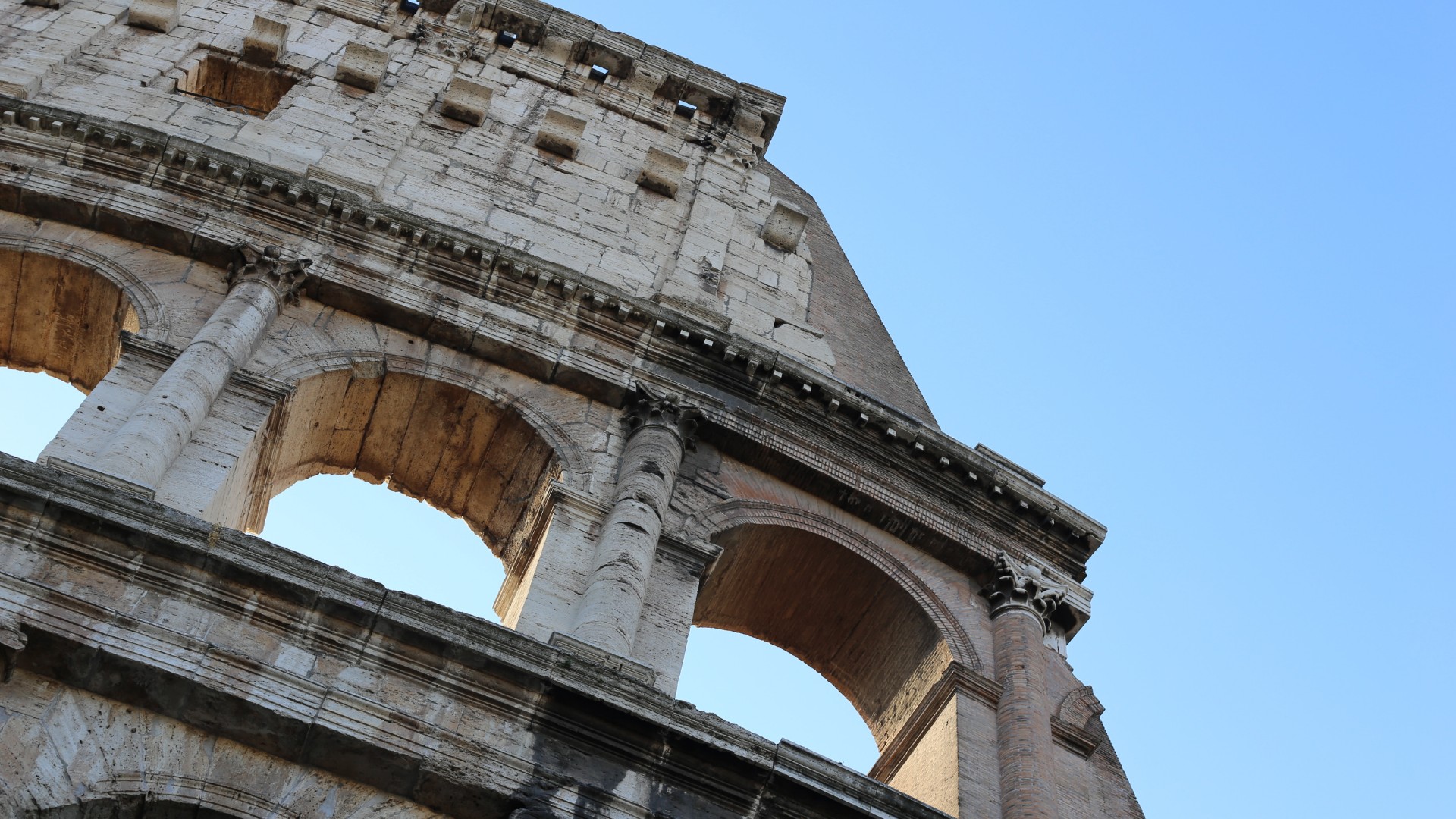Greg corrects the common misconception that Constantine gave Christianity its place in history. Find the original podcast here.
Transcript
[My niece] had a friend named Eamon. I don’t know if that’s Middle Eastern or not—Eamon. But he had challenged her by saying that Christianity would not be as large a religion as it is if it wasn’t because of Constantine. Because Constantine, his understanding—this would be fourth century, the emperor of the Roman Empire—if he had not forced it to be a religion in his rule, there wouldn’t be as wide a spread of Christianity.
So the charge is, well, Christianity is only popular because there was an emperor who became a Christian, forced everybody else to be a Christian, so then it spread all around, and that’s why it’s like it is. So, his thinking, then, is that my niece was merely a Christian product of her culture. Because if she grew up in a different place, she would have a different—with a different history—then she’d have a different religious conviction.
Now, there’s a common sensibility to that, isn’t there? That, as people have raised the question, well, if I had grown up in Iran or Iraq, then I probably wouldn’t be a Christian; I would be Muslim. And incidentally, this is a challenge fairly frequently brought up by atheists: “Well, you believe in Christianity because of the culture that you were raised in,” and that’s a way of dismissing Christianity; it’s just a cultural artifact.
Okay, I’m going to speak to the problems with that approach in just a moment. But in any event, I needed to correct, as I responded to her, some of the history. Constantine came, beginning early fourth century. So you have three hundred years or so—one hundred, two hundred, three, maybe four hundred years after Jesus—and he was converted to Christianity, apparently. And what this resulted in—now, I’m just giving you history right now—is it resulted in the centuries-old persecution of Christians ending.
Diocletian came before him. He was a terrible persecutor of Christians. And when you had a friendly on the throne, then persecution of Christians stopped. Christianity did not become the religious coin of the realm, as it were, at that time. Everybody wasn’t forced to be a Christian. It wasn’t the national religion. None of that is true about Constantine. He simply made Christianity legal. That is, Christians weren’t being killed for being Christians.
Now, that’s a good thing that he made it legal, but it isn’t like he was the one who made Christianity, who gave it its place in history. Because the fact is, the Christian faith had already been flourishing for 400 years—oddly enough, under great persecution—and it spread to the far corners of the Roman Empire. Constantine wasn’t responsible for the spread of Christianity. It was internally driven.
Speaking as a Christian, my conviction is, it’s what God did through the faithful witness. But it certainly wasn’t spread by force, and it wasn’t spread by the vicissitudes of politics. It permeated and penetrated the entire region because of its internal power.

